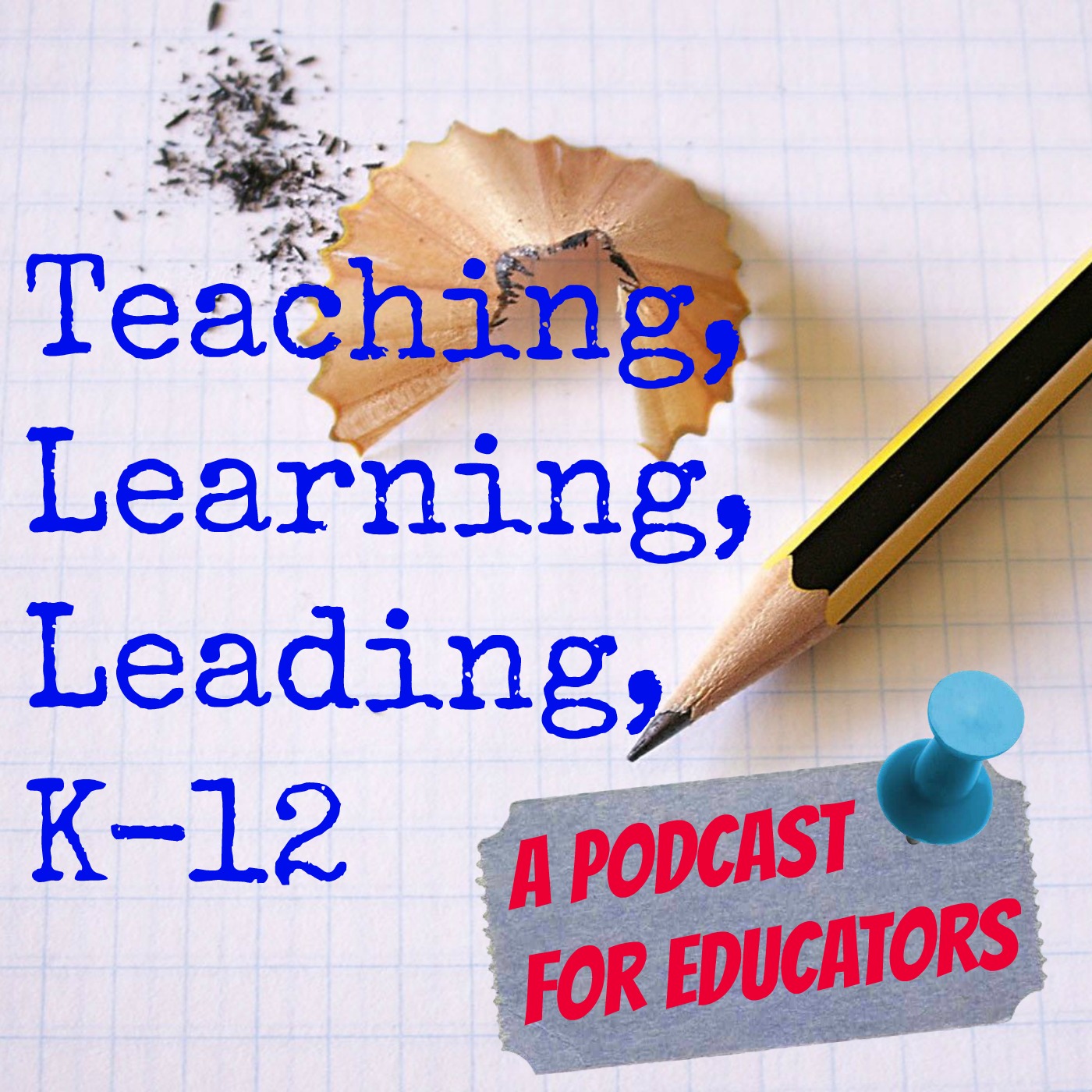Episodes
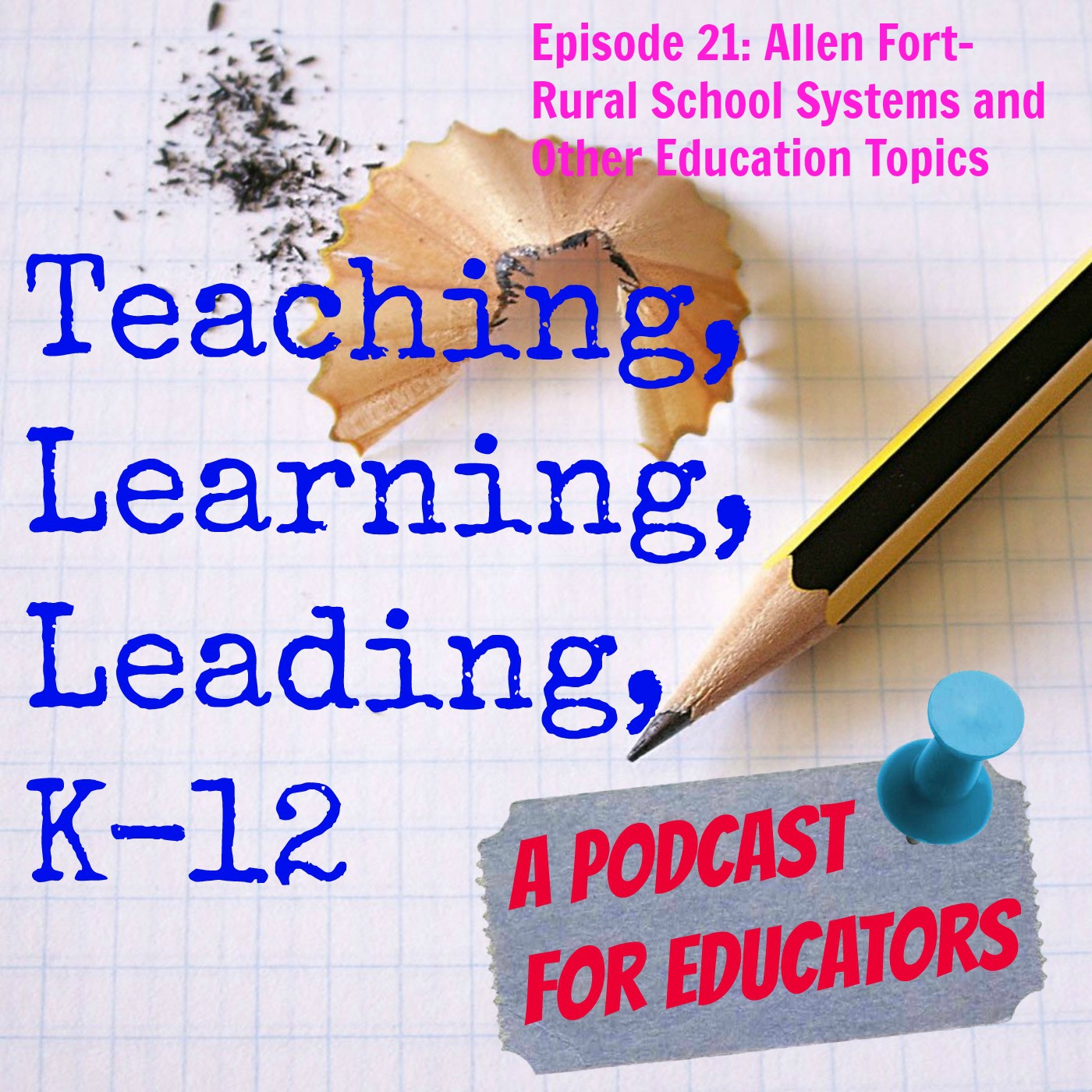
Thursday May 15, 2014
Thursday May 15, 2014

Allen is currently the superintendent of schools in Quitman County, Georgia. He has 39 years of total education experience. He was a teacher, a coach, an assistant principal, a principal, and worked for five years as a GA Department of Education School Improvement and Redesign Specialist.
He feels that he is very fortunate for his opportunities to travel across the state and get to know educators in many different regions of Georgia.
Allen is familiar with the needs of the rural school systems. He has created a rural school system learning group that is comprised of educators from rural systems. He sees this group as providing an opportunity for the different systems to learn from each other on how best to use their limited resources.
As a principal he instituted one of the first ninth grade academies in the state. We talk about his thoughts and lessons learned.
We also talk a little about the challenge of teachers working with kids who have access to incredible amounts of information through Google and other web based solutions. We talk about how when we were kids the teachers had the information or it was in books that they could direct us to, whereas today, the kids can study beforehand and actually know more than the teacher about some topics. This becomes a challenge in that the teacher is often trying to keep up with the kids, but another challenge is that all kids don’t have access. It is quite possible that in the same class there will be those who can and those who can’t access web based information.
I enjoyed talking with Allen and I think that you will enjoy your time listening!
You can find out more information about Allen at www.allenfortga.com
Length 33:27
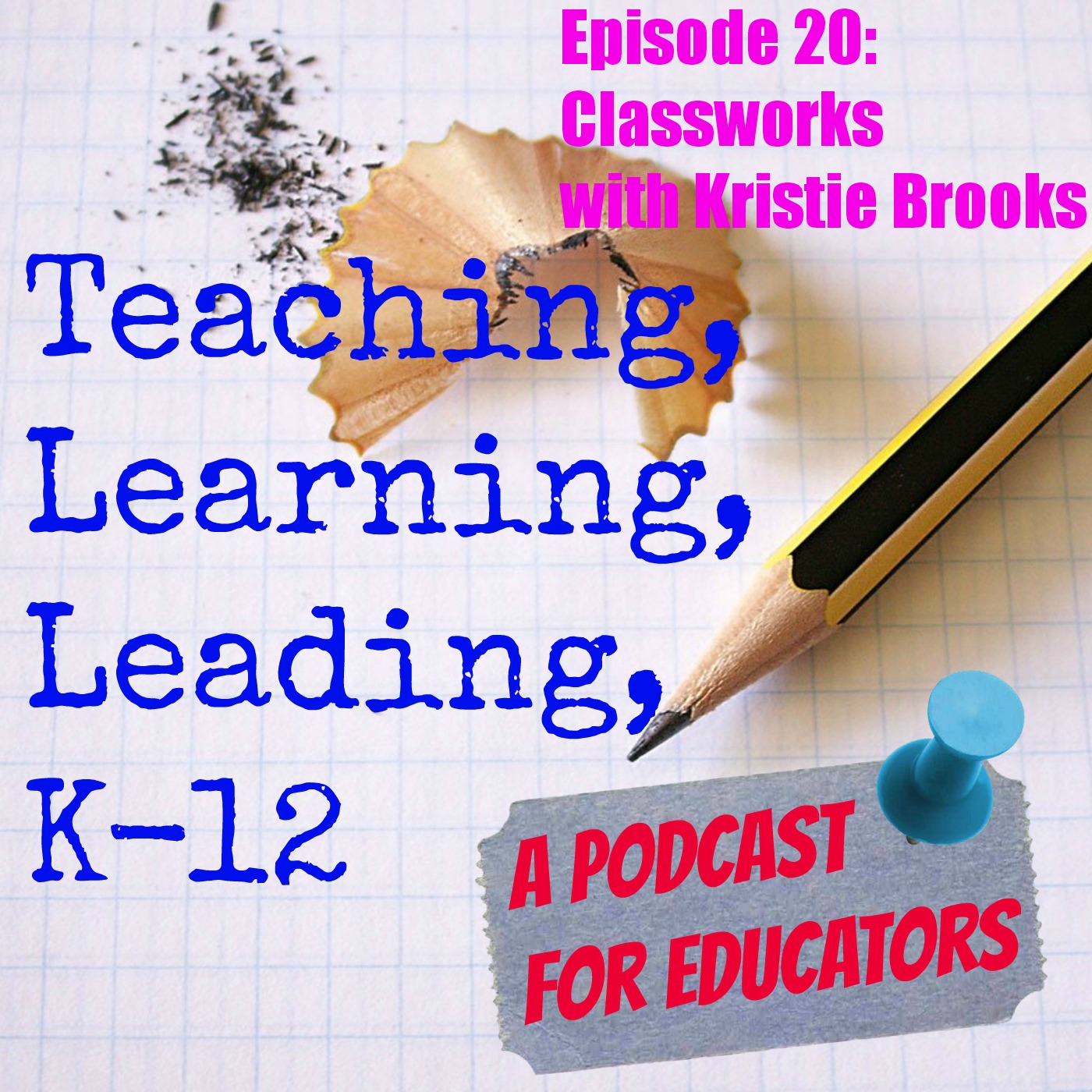
Friday May 09, 2014
Episode 20: Classworks with Kristie Brooks
Friday May 09, 2014
Friday May 09, 2014

Kristie is a former special education teacher who eventually became a Special Education Director for a school system. She now is a Georgia Account Executive for Classworks.
Classworks is a web-based tool for assisting students in achieving more during their education. It has tools for assessment and instruction that are used to personalize learning and to support teachers as they help students achieve academic goals.
Kristie and I explore the following questions and many more…
· How can software programs go beyond the “computer lab” to impact classroom teaching and student engagement?
· How does Classworks use student data to form individualized plans? How can a teacher use this tool to help with differentiation?
· What do you think is the greatest challenge for teachers working with kids? How can Classworks assist with these challenges?
Hope that you enjoy the conversation.
Spend some time at their website or contact Kristie if you have any questions.
For more information go to…
or contact Kristie at
KBrooks@classworks.com
Length 26:32
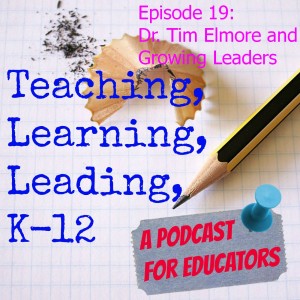
Monday Apr 28, 2014
Episode 19: Dr. Tim Elmore and Growing Leaders
Monday Apr 28, 2014
Monday Apr 28, 2014

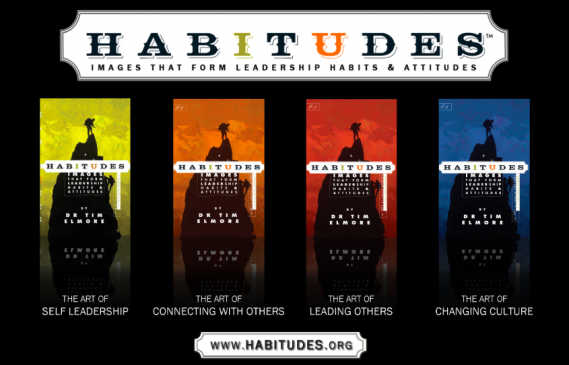
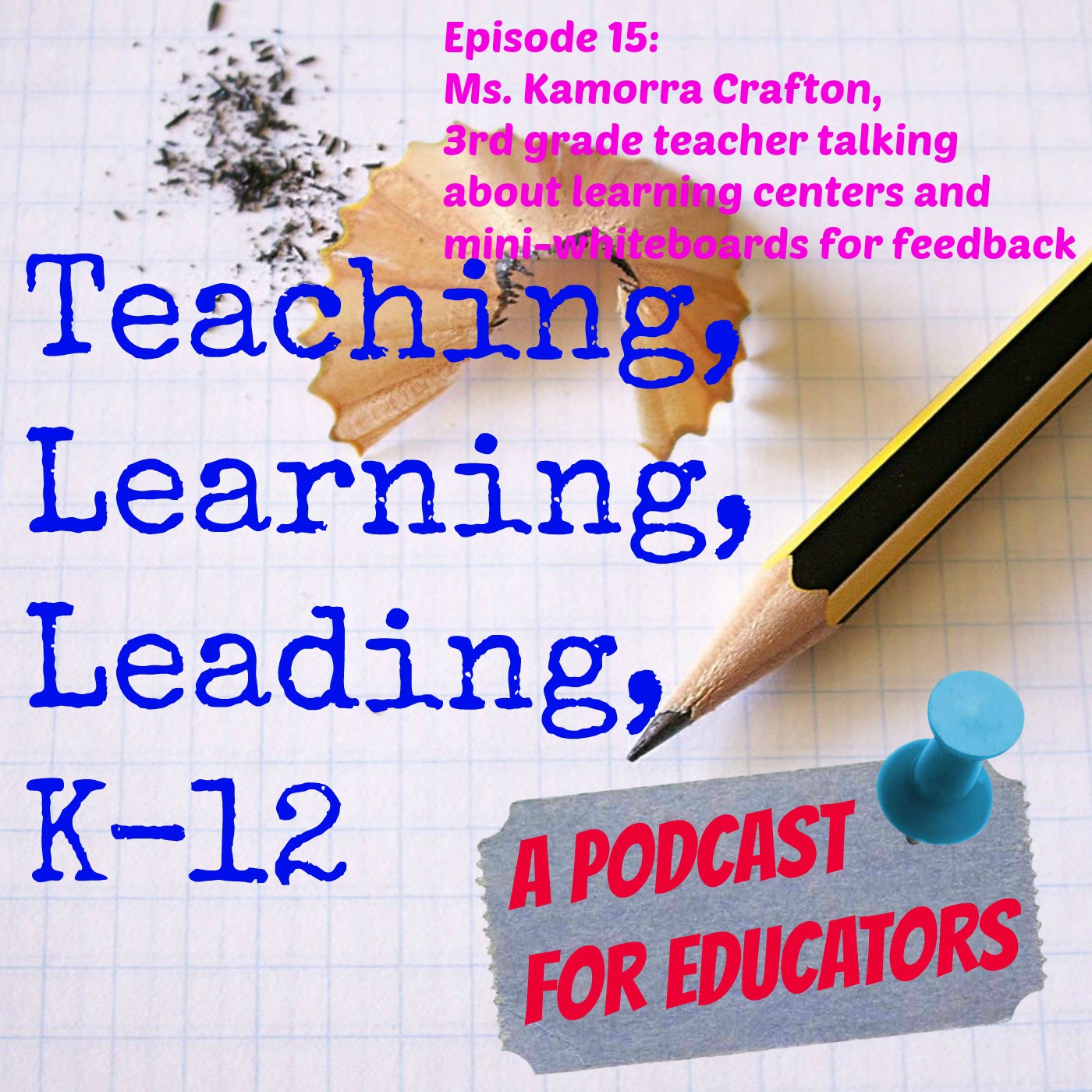
Thursday Mar 20, 2014
Thursday Mar 20, 2014
This is Episode 15!
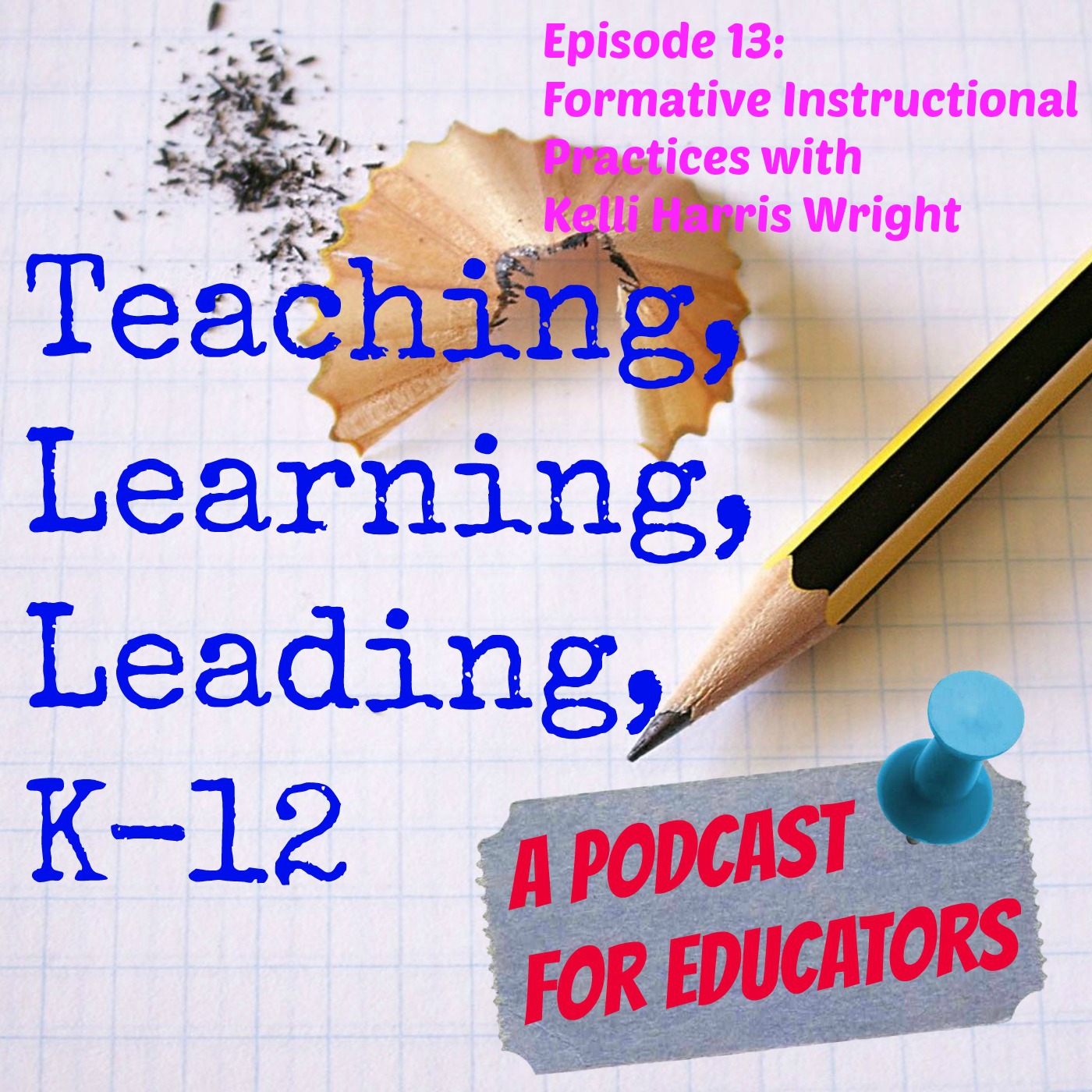
Thursday Mar 06, 2014
Episode 13: Formative Instructional Practices with Kelli Harris Wright GADOE
Thursday Mar 06, 2014
Thursday Mar 06, 2014
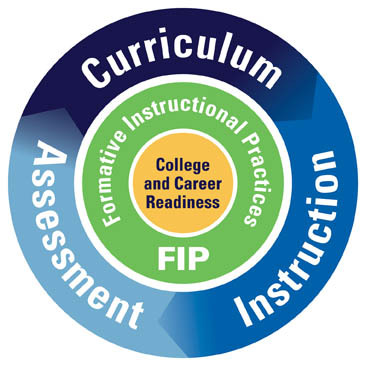
Kelli is a recently retired public educator. She was a special education and general education teacher. She also served in many different capacities within public school systems. Her most recent role, prior to retiring and going to work for the Georgia Department of Education, was as the Director of K-12 Teaching and Learning for a large Atlanta school district. She now oversees the FIP or Formative Instructional Practices program which falls under the Division for Assessment and Accountability at the DOE.
FIP is based upon the work of Rick Stiggins, Jan and Steve Chappuis, and Judith Arter. According to Kelli, “It focuses on the formal and informal methods that teachers and students collect information about student learning. It is about the use of the information that is collected.”
Formative Assessment helps teachers to understand the strengths and weaknesses of their students. The collected information then enables the teachers to modify their instructional practices to address the needs of the kids.
One aspect of this program is that the teachers learn how to create learning targets based upon the standards for the unit content. These help the teacher understand what it is that needs to be taught.
Formative assessment is purposeful. The teacher creates activities that provide information about the understandings of the students. As a result, these activities typically are not graded and should not be graded. It shows what the students know or don’t know therefore, a grade cannot be administered.
The actual training for teachers happens through professional learning networks, overview sessions, and on-line modules. There are five on-line modules for teachers.
1. Overview of the Research about Formative Assessment
2. Learning Targets
3. Ways to Collect Evidence of Student Learning
4. Analyzing the Evidence of Student Learning/ Effective Feedback
5. Student Ownership of Learning/Peer Feedback
There are two additional modules: One for leadership personnel and another for coaches and teacher leaders.
Kelli recommends three books to help with understanding formative assessment:
Seven Strategies of Assessment for Learning
Jan Chappuis, Pearson Assessment Training Institute
©2010 • Pearson • Paper, 272 pp
Published 03/01/2009
Assessment Balance and Quality: An Action Guide for School Leaders, 3/E
Steve Chappuis, Carol Commodore, Rick J. Stiggins, Pearson Assessment Training Institute
Pearson • Paper, 240 pp Published 03/02/2010
Formative Assessment and Standards-Based Grading
Robert J. Marzano, Publisher: Marzano Research Laboratory
November 11, 2009
You can find more information about Georgia’s use of FIP at www.gadoe.org/fip or simply google Georgia FIP.
You can contact Kelli at
Phone: (404) 463-5047
Fax: (404) 656-5976
Email: Kharris-wright@doe.k12.ga.us
Length 34:09

